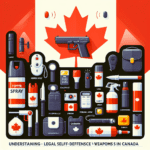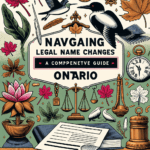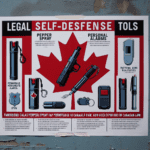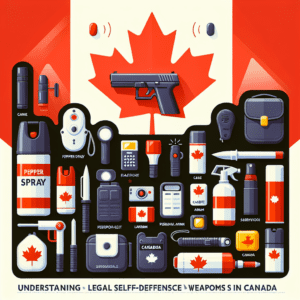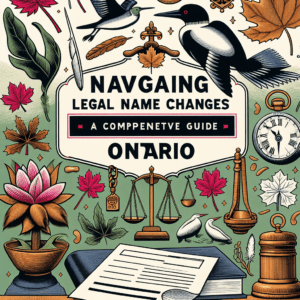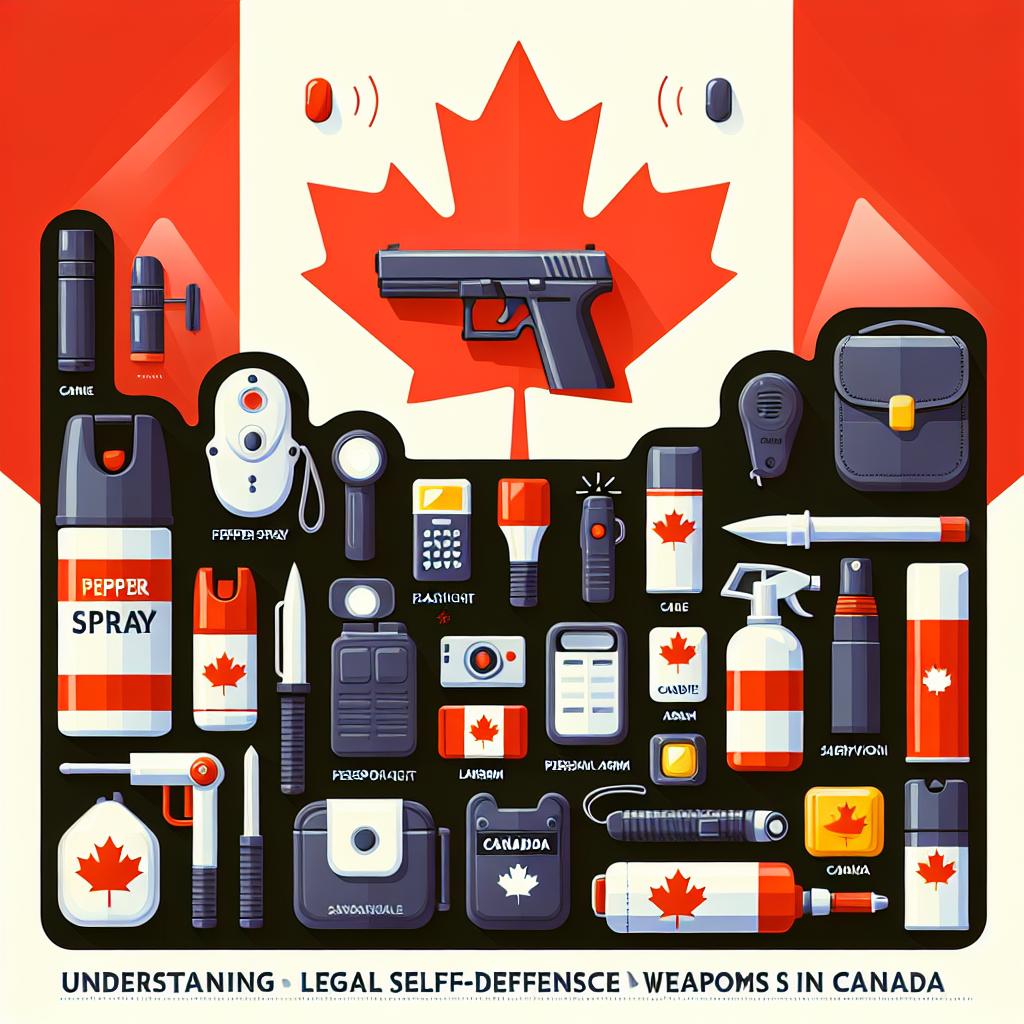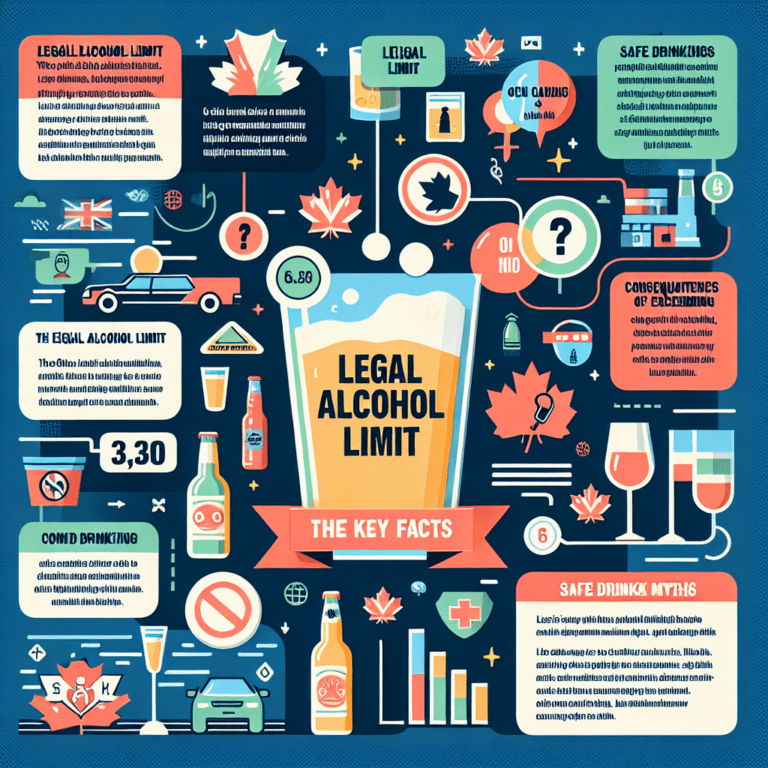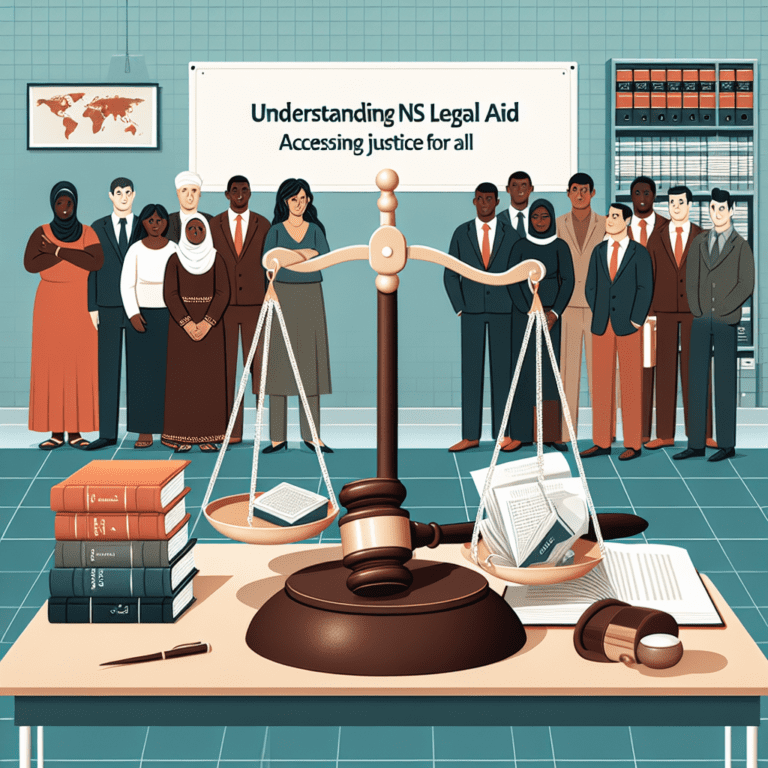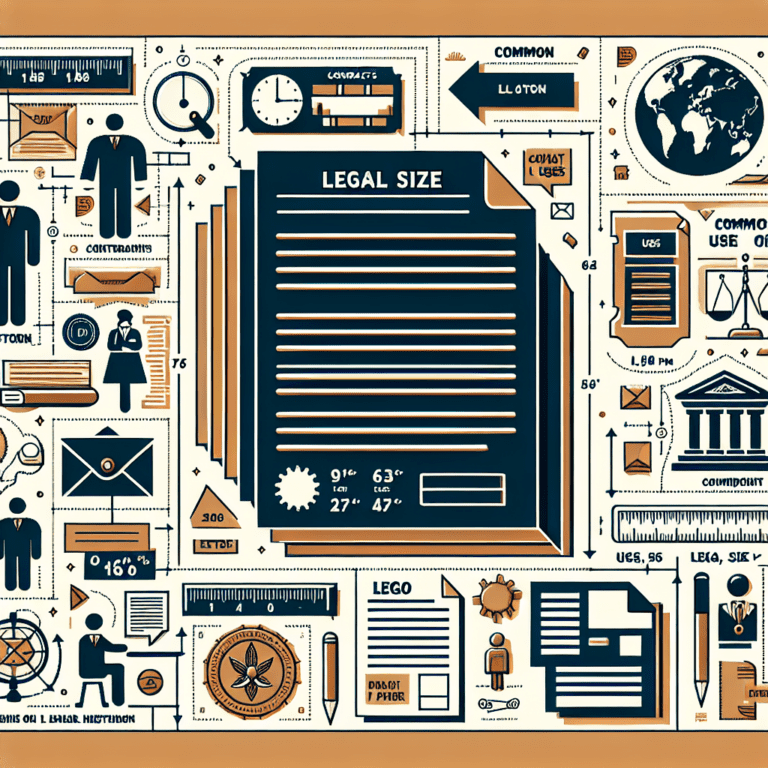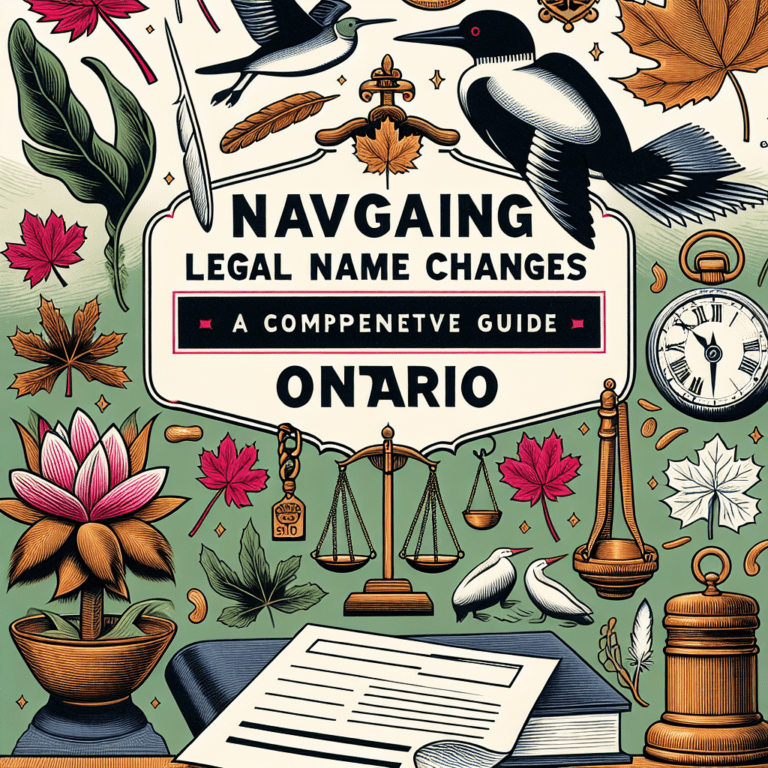Understanding the complexities of legal self-defense weapons in Canada is essential for anyone concerned about personal safety. Many individuals face the dilemma of feeling vulnerable in their daily lives, whether due to urban crime or personal harassment. The lack of clear guidelines can exacerbate these fears, leaving one feeling helpless and unsure of their rights. This article aims to shed light on the intricacies of legal self-defense weapons in Canada, equipping you with the knowledge you need to navigate this critical aspect of personal security.
An Overview of Legal Self-Defense Weapons in Canada
In Canada, the legal landscape surrounding self-defense weapons is nuanced and often misunderstood. The Criminal Code of Canada allows individuals to use reasonable force in defense of themselves or others when confronted with an imminent threat. However, this law does not grant carte blanche to carry weapons for self-defense. The specific types of weapons considered legal for personal protection include items like pepper spray (with restrictions), personal alarms, and certain types of knives, provided they are not deemed offensive weapons under the law.
Pepper spray is a common self-defense tool among Canadians, but its legality is fraught with conditions. It is classified as a prohibited weapon if it is marketed for use against humans. However, individuals can possess it if it is used for animal deterrence, provided the canister’s size does not exceed 100 ml. This distinction is crucial for anyone considering pepper spray for personal security, as misuse could lead to criminal charges.
Understanding the legal framework also involves recognizing the distinction between weapons and tools. Many items, such as tactical pens and self-defense keychains, can be carried legally as long as they are used in non-offensive capacities. This classification highlights the importance of intent and context in determining whether a weapon is permissible under Canadian law.
Navigating Regulations: What You Need to Know
Navigating the regulations concerning self-defense weapons in Canada requires a keen understanding of both federal and provincial laws. The Criminal Code outlines the general principles, but individual provinces may impose additional restrictions or guidelines. For instance, while carrying certain knives may be legal, local by-laws may prohibit their use in public spaces or during specific hours. Understanding these nuances will help prevent unintentional legal infractions that could arise from ignorance or oversight.
Moreover, it is essential to consider the circumstances under which self-defense is legally justified. The Canadian legal system emphasizes the "reasonable person" test, evaluating whether a person’s actions in a self-defense situation were proportional to the perceived threat. The application of this principle underscores the need for individuals to remain calm and collected during a confrontation, as overreacting can lead to legal repercussions. Knowledge of the law is your greatest ally in these high-stress situations.
Those interested in self-defense weapons should also be aware of the potential for liability. Carrying a weapon implies responsibility, and using it can have serious legal consequences, including criminal charges if excessive force is employed. Therefore, training in conflict resolution and de-escalation techniques is advisable. Engaging in self-defense courses not only enhances personal safety but also fosters a comprehensive understanding of the legal framework surrounding self-defense in Canada.
Understanding the legality surrounding self-defense weapons in Canada is not just about compliance; it’s about empowerment. Armed with the right knowledge, you can confidently navigate the complexities of self-defense laws while ensuring your personal safety. Take proactive steps by educating yourself and considering training in self-defense techniques. With the right preparation, you can effectively protect yourself and feel secure in your daily life. For more information on self-defense options, consider reaching out to local legal experts or self-defense instructors. Your safety is paramount, and being informed is your first line of defense.
Understanding Legal Paper Size: Dimensions and Uses ExplainedNavigating Legal Name Changes in Ontario: A Comprehensive GuideUnderstanding Legal Wills: Essential Insights for EveryoneRelevant LinkRelevant LinkRelevant Link
